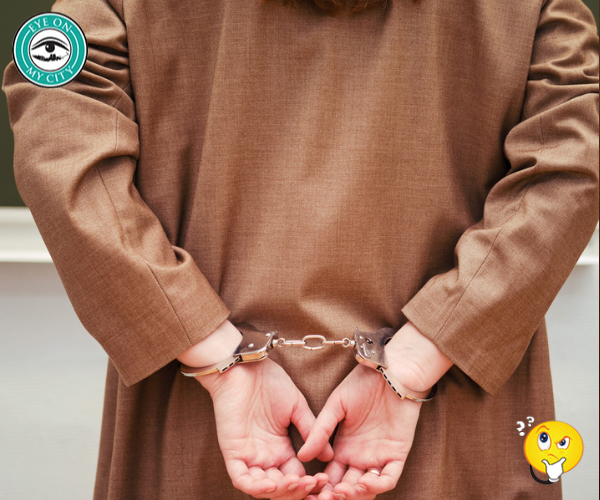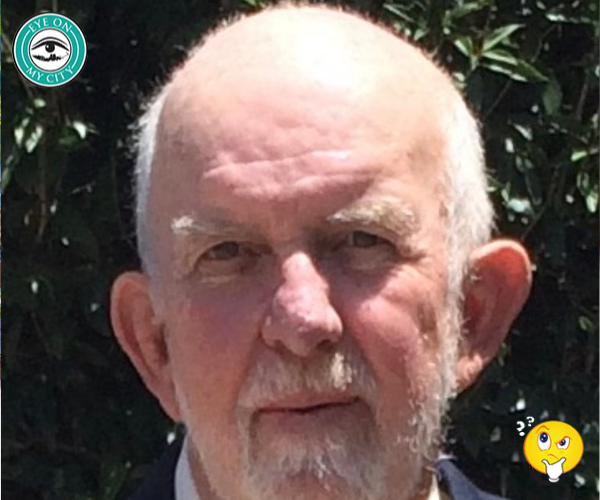Ripple Effects.
It sounds harmless — even helpful — doesn’t it? A program claiming to guide students through social and emotional learning, mental health awareness, and behavior improvement.
But what happens when parents ask a simple question:
“What’s in it?”
That’s when things start to get… concerning.
Two Years of Stonewalling
For eight years, the Nassau County School District has offered the Ripple Effects mental health curriculum to students. The company claims its program is active in 4,000 schools nationwide, with 400,000 students using it in all 50 states.
But when adults in Nassau County asked to see the content — on August 1, 2023 — they were blocked. Not for a week. Not for a month. For more than two years.
“Two court orders. Zero transparency. What are they hiding?”
Over that time, the district and its mental health partner, Starting Point Behavioral Healthcare, gave over a dozen excuses for denying access — each one later debunked.
Despite two court orders (November 21, 2024, and August 14, 2025) from the Nassau County Circuit Court requiring the district to produce the public records, no one has been allowed to view the materials.
What could possibly be so sensitive that it takes a courtroom to get a look?
What We Know So Far
We know Ripple Effects contains topics involving sexual identity, gender expression, and mental health diagnoses.
We know Starting Point Behavioral Healthcare is the agency delivering these services inside schools.
We know a Starting Point counselor told an underage girl that conversations about her sexual identity would not be shared with her parents — a violation of Florida’s Parents’ Rights in Education law.
And we know Ripple Effects’ own attorneys threatened legal action if adults were permitted to view the content.
“When a company threatens to sue to keep parents from seeing their child’s lessons, something is very wrong.”
Who Approved It — and Where’s the Oversight?
How did Superintendent Kathy Burns, the Nassau County School Board, and Starting Point allow this program to run unchecked for nearly a decade?
When citizens pressed for answers, both entities worked together to block transparency — even in legal proceedings.
That’s not cooperation. That’s collusion.
Now, local advocate Jack Knocke of Common Sense Fernandina Beach has reopened the court case to hold them accountable.
“Transparency shouldn’t take a lawsuit — but in Nassau County, it has.”
Follow the Money
Why the secrecy? Maybe the money tells the story.
The school district doesn’t pay Ripple Effects directly. The program is funded through Starting Point Behavioral Healthcare, which receives money from Lutheran Services, the Florida Legislature ($400,000 in 2026), and Nassau County ($315,000 in 2026).
So taxpayers are footing the bill — but can’t see what they’re paying for.
Once again, a publicly funded non-profit is shielding government activity behind closed doors.
The Bigger Picture: Mental Health Takeover
In 2016, the Florida Legislature allocated $9 million for mental health programs in schools.
By 2024, that number ballooned to $180 million.
Our classrooms have quietly morphed into mental health clinics, where outside contractors, NGOs, and therapists operate with little transparency and limited parental oversight.
“Our schools aren’t hospitals — and our children aren’t patients.”
Protecting the Parental Role
Parents are the first line of defense when it comes to their child’s emotional and moral development.
“Mental health coaching” may sound positive, but without clear boundaries, it can easily step into lanes reserved for families.
Here’s how parents can make sure that doesn’t happen:
1. Know What’s Being Taught.
Request — in writing — a list of all mental health programs, software, and behavioral partners in your child’s school. Under Florida’s Parents’ Bill of Rights, schools must share instructional materials and counseling content.
2. Opt Out When Necessary.
You can opt your child out of counseling sessions, surveys, and “social-emotional learning” programs not tied to academics. Require written parental consent before any outside provider meets with your child.
3. Review Contracts and Partners.
Ask to see vendor contracts and MOUs related to mental health services. They reveal who’s collecting student data and how it’s used.
4. Attend School Board and SAC Meetings.
Public comment still matters. Show up. Ask direct questions. Hold your board accountable.
5. Demand Transparency from NGOs.
If nonprofits receive public money, their materials are public records. File a records request for the curriculum, training manuals, and communications.
6. Work with Legislators.
Encourage lawmakers to tighten parental consent and transparency laws for school mental health programs. Push for curriculum review panels that include parents.
7. Build Parent Networks.
Join or form watchdog groups — like Common Sense Fernandina Beach — to share information and file joint public records requests.
8. Keep Perspective.
Schools can support students’ well-being — but parents shape their values and identity. Don’t let that responsibility be outsourced.
Where Do We Go From Here?
Parents across Florida should be asking:
- What’s in my school’s mental health program?
- Who’s talking to my child?
- Who’s paying for it — and what’s being taught?
Demand transparency.
Contact your legislators.
And tell them: Stop the funding. Strengthen the laws. Protect parental rights.










